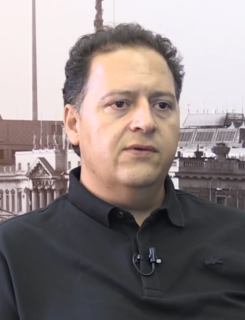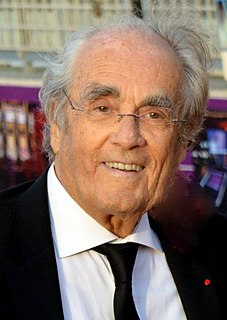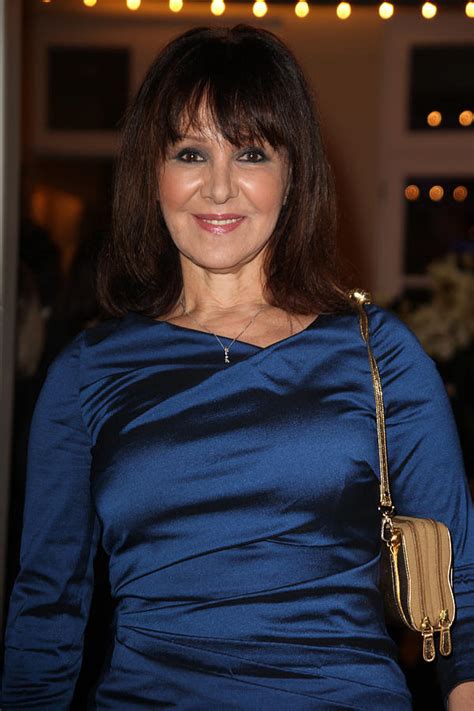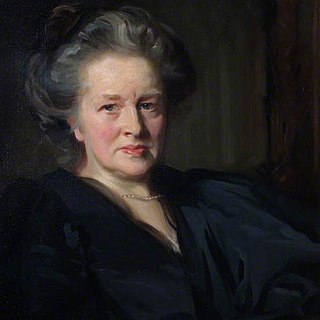A Quote by George Packer
For 20 years, my mother, my sister and I had seldom spoken of my father. If he happened to come up in conversation, pain and embarrassment entered the room and stayed until he disappeared back into the silence with which we all felt more at ease.
Related Quotes
I may have been 15 or 16 years old when, on a Sunday morning, I was sitting at home together with my mother and sister, and the floor began to move under us. The hanging lamp swayed. It was very strange. My father came into the room. "It was an earthquake," he said. The center had evidently been at a considerable distance, for the movements felt slow and not shaky. In spite of a great deal of effort, an accurate epicenter was never found. This was my only experience with an earthquake until I became a seismologist 20 years later.
Sara waited a respectful time, knowing there was nothing she could do to ease the woman's pain. Grief was a place, Sara understood, where a person went alone. It was like a room without doors, and what happened in that room, all the anger and the pain you felt, was meant to stay there, nobody's business but yours.
I learned respect for womanhood from my father's tender caring for my mother, my sister, and his sisters. Father was the first to arise from dinner to clear the table. My sister and I would wash and dry the dishes each night at Father's request. If we were not there, Father and Mother would clean the kitchen together.
My family background really only consists of my mother. She was a widow. My father died quite young; he must have been thirty-one. Then there was my twin brother and my sister. We had two aunts as well, my father's sisters. But the immediate family consisted of my mother, my brother, my sister, and me.







































